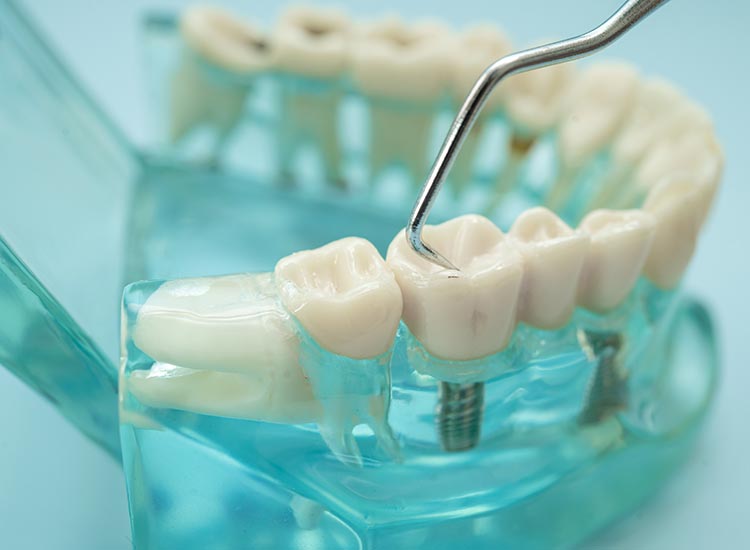Can dental implants be redone?
Yes — dental implants can be redone if they fail or need replacement, though it may require additional procedures like bone grafting before placing a new implant.
Key Points to Consider:
Dental implants have a high success rate but can occasionally fail.
Causes of failure include infection, bone loss, or implant movement.
Failed implants can often be replaced with a new one after healing.
Bone grafting may be necessary if bone structure is compromised.
Prompt evaluation helps improve the success of implant replacement.

Why Dental Implants May Need to Be Redone
Common Reasons for Implant Failure
While dental implants are designed to be a long-lasting solution, certain factors can lead to failure. Infection, poor healing, or bone loss around the implant can cause it to loosen or fall out. Additionally, excessive pressure from teeth grinding or misaligned bite forces can damage the implant over time.
In some cases, issues with the implant placement technique or patient health conditions like uncontrolled diabetes or smoking can increase the risk of implant problems. Identifying the cause of implant failure early allows your dentist to recommend the best approach for restoring your smile.
How Implant Replacement Works
Steps in Redoing a Dental Implant
If a dental implant fails, your dentist will first remove the old implant and assess the condition of the surrounding bone and tissue. In some situations, bone grafting may be necessary to rebuild the jawbone before placing a new implant. This process allows for a strong, healthy foundation to support the replacement.
Once the area has healed — typically over several months — a new dental implant can be placed. The success of implant replacement often depends on addressing the underlying issue that caused the initial failure. Regular dental check-ups and proper oral hygiene can help maintain implant health after the redo.

If you’re concerned about a loose or failing dental implant, schedule an appointment with your dentist for an evaluation. Early treatment can improve your chances of a successful implant redo and protect your long-term oral health.
